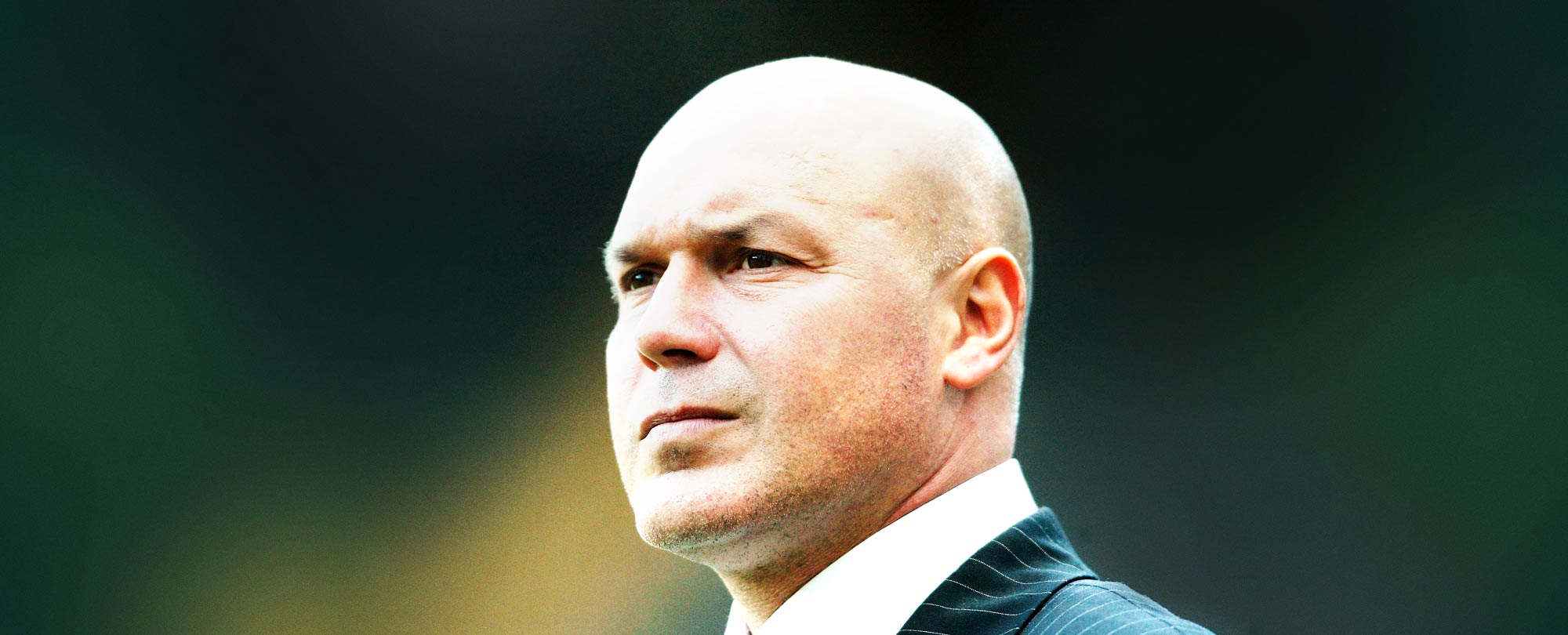José Anigo, former head coach of Marseille is in Senegal scouting for players. He knows Africa well and explains why he is fighting to bring Africa’s best players to his club.
The 2015 AFCON U23 started in Senegal on the November 28 and eight teams are fighting to win the tournament. For a lot of players, it’s an opportunity to show off their abilities to the many scouts gathered there, only a few weeks before the winter transfer market opens.
As a scout for Olympique de Marseille, do you have a very specific idea of what kind of players you’re looking for?
When I come for a youth tournament like AFCON U23, I look at their age and position to see if they’d be a fit for our youth team. The profile is pretty clear in my head; it depends on what the club needs or doesn’t have in the academy. Then, for those who are already professional, I’m open.
Photos from Day 2 match in Group A between Senegal & Tunisia#AFCON_U23 pic.twitter.com/U7Pabl5Qma
— CAF (@CAF_Online) December 2, 2015
You can then find 22-year-old players who haven’t matured as players early on. They could have fallen through the cracks but if I feel they’re ready, I will speak with them and their people to see whether they’re ready to play in Europe.
Football in Africa and Europe are very different: whether it’s the quality of the pitches or the training available etc. Do you send people over to gauge the situation?
Yes, we’ve spent years trying to weave our way around Africa – and not only in Senegal. I have people who are following African leagues. They tell me things like ‘That guy, he is the best scorer here’.
If he fits our club’s needs, we take him. But even if I don’t have a position for the player, if he is good, we don’t hesitate.
But I like to wait and see them play myself with the national team because I think the quality of leagues is not high calibre enough, so it is not a reference point for me.
When I wait for them to play for national teams, I have a better idea of what the player can bring. If he fits our club’s needs, we take him. But even if I don’t have a position for the player, if he is good, we don’t hesitate.
You are the former head coach of Olympique de Marseille and now you scout for the club. You’ve got a lot of experience in the transfer market. Is there a specific strategy for spotting players in Africa?
We used to work in Africa in particular but it is not like that anymore. I don’t understand why but it’s a choice made by our chief executives.
I am convinced the Ballon d’Or of the next generation (after Messi, Ronaldo…) will be African.
For me, the possibilities are really impressive here. So we are still following African players but we can’t ignore that there is a lot of talent in Europe.
An African team hasn’t made it to the semi-finals of the World Cup yet but you still think you can find great players on the continent. Why?
I am convinced the Ballon d’Or of the next generation (after Messi, Ronaldo…) will be African. The values are so different. In Europe, children are in their rooms playing video games. Life in Europe is stressful: nothing is like it used to be when I was young. Then we just took our football and played outside.
We are away for the 2nd half in Dakar. Phumlani ntshangase has come on for Dumisani Zuma @ pic.twitter.com/oQ9vlnZprB
— SAFA.net (@SAFA_net) December 1, 2015
In Africa, these simple values still exist. Guys are spontaneous, almost naïve. So yes, they do not fit the mould right away; they may miss some tactical aspects. But the freshness they have, we can’t find it anywhere else.
How do you handle the issue with ambiguity about the age of some African players?
It can be an obstacle; we are all aware of this issue. I know that things are harder for players because the controls are tougher than they used to be. But when I am buying a player after a youth tournament, it is not to play with our youth team. That’s because I know he is ready to play with adults. So I don’t mind and to be honest, I don’t have the tools to confirm age.
